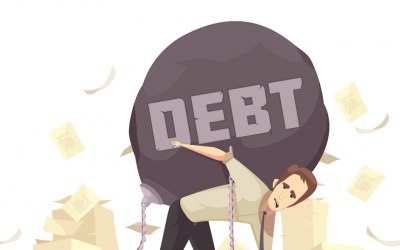The Finals of the Euro 2020 took place yesterday. England, for the first time in half a century, were playing in a major competition final. Wembley Stadium was a crucible of emotion and since England team lost there has been a massive outpouring of emotions – good, bad and unfortunately in some cases reprehensible. Now is a great time to tackle ‘real men’ and the real mental health crisis.

What are ‘Real Men’?
Put simply a ‘Real Man’ is someone who embodies ‘traditional’ concepts of masculinity. Real men evince a variety of traits around behaviour, attitude and appearance.
Traditionally there are tonnes of epithets related to what it takes to be real men. Real men don’t cry. Real men command. However ‘Real men’ are as constrained by biases and societal pressure in a ‘patriarchal society’ as women are. The concept of real men means that men are penalised and denigrated for stepping outside of the expectations of this concept of masculinity.
Toxic Masculinity
Increasingly, as a society we understand that the concept of ‘real men’ is simply toxic masculinity – a damaging and out-dated stereotype. This toxic concept is perpetuated not only by individuals within the home but by society as a whole. The concepts men are being held up to damaging to them to measure up to leading men to damage themselves and others in the process.
Real men and their mental health
One of the significant issues that arises from the concept of ‘Real Men’ and toxic masculinity is that it is incredibly damaging to mental health.
In the first instance, the mental health difficulties associated with being ‘real men’ come from trying to live up to the standards presented by this out-dated stereotype. Being a real man requires one to be always stoic. To be aggressive. To lead. But what if you aren’t naturally these things?
This difficulty of living up to the expectations of being a real man then leads to further issues.

Man Up
If one phrase encapsulates the heart of real men and the real mental health crisis it is ‘man up’. Real men are encouraged to repress emotion and feelings. When men ignore personal trauma and swallow emotion – this is noted to then lead to a lashing out, to forms of violence. This violence can take either an outward form such as spousal abuse, physical domination and aggression, tribalism or inward violence with mental health issues developing.
The concept of ‘man up’ means repression. Repression in turn leads to lashing out. “Every behaviour is connected to a need,” says Mack Exilus, a mental health clinician at Citron Hennessey Therapy. “One thing I’ve seen with men with anger issues and violent paths is that these are behaviours that are learned. A lot of times that violence or that anger is a way to protect vulnerability.”
Real men’s mental health

As we have previously discussed, men’s mental health in general is a significant and relatively hidden issue. In part this is directly linked to the very concept of ‘real men’. Real men and the real mental health crisis that this toxic masculinity cause is significant, yet it can be changed. Society doesn’t need to have such a shocking statistics as these. Societal expectations and traditional gender roles play a role in why men are less likely to discuss or seek help for their mental health problems and this lack of talking is hugely concerning.
What can be done?
This isn’t an issue which will be addressed and resolved in a few months. This is something which requires complete societal shift. Thankfully that shift is underway as more focus is being drawn to the damage that toxic masculinity causes.
Understanding mental health issues is a way of enabling you too to be part of the process of change and progress. It’s why we do what we do. And when it helps you to help yourself, your employees and others then that’s great!
We can help
Based in Wolverhampton, Mental Health Midlands is a first-class training provider supporting businesses in Wolverhampton, Birmingham, Walsall and the Black Country. We provide recognised course in mental health such as two-day courses to become Mental Health First Aiders to basic entry level half day mental health courses to aid understanding of a misunderstood area. We help businesses to overcome mental health issues and break the stigmas around mental health in the workplace.











